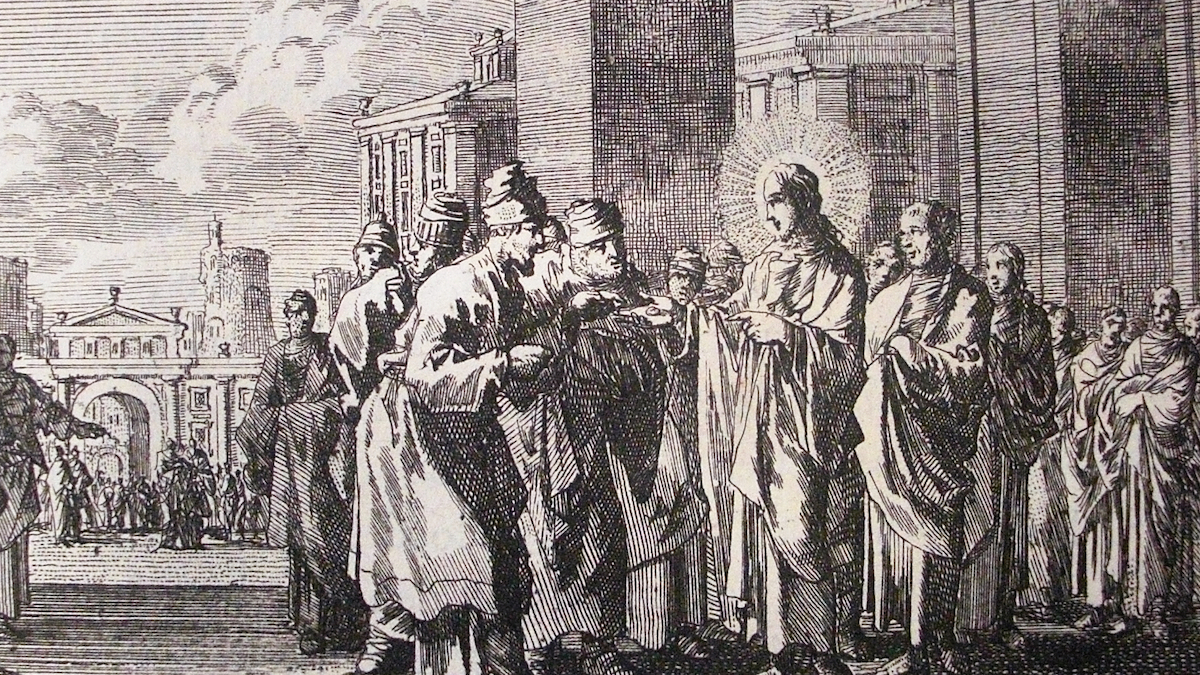One of the very minor side effects of the recent pandemic was its assault on the language. There was at least one new word that has irritated me ever since. The word is Positivity. This neologism will just not go away like the muddled idea of wellness for health. It is a constant reminder that the elite mavens of language are continually meddling with our language. This just might reduce our national conversation to something akin to the Tower of Babel. I think its toxins have already infected news outlets such as MSNBC and CNN, not to mention President Biden and his latest press secretary.
Etymologically speaking, one would think this irritating word is the opposite of negativity but as the language evolved the correct word is positiveness. Johnny Mercer’s 1944 hit song Accentuate the Positive was probably responsible for this verbal anomaly. A variation of the word Positivity, the amoral legal doctrine known as Positivism and its genetic sister Progressivism, have conspired to drive a sword into the side of absolute truth and a unity of moral understanding over the last 130 years. These radical ideas have had a dire effect on the development of American political, legal and social history.
Since the French Revolution and the thinking of Auguste Comte, Karl Marx, Sigmund Freud and the Frankfurt School of Social Research, most of our ideas have struggled with issues of religious faith. Pragmatism and Positivism have virtually eliminated transcendental truth and absolute moral principles and even the idea of a Supreme Being from the public marketplace of ideas. They have created a nihilistic universe where winning, success, financial gain and political victory are the values on which millions of Americans base their daily lives.
In my opinion, the most dangerous of these alien philosophies has been Positivism, on which most of our modern legal thinking has been based. Positivism is a product of the aftermath of the French Revolution. It holds that all true knowledge is based on empirical experience and deemed true only by reason and intellect. It essentially denies any truth from Theology or Metaphysics, relegating them to the realm of superstition. The basics tenets of the Catholic Church, therefore are null and void and of little consequence to a Positivist law and a Progressive society.
The originator of Positivism was Auguste Comte, also the Founder of Sociology. Comte developed his positivist approach as a reaction to the social disorder of French Revolution. He based many of his early ideas on the socialist utopian, Henri Saint Simon. This philosophy focused solely on science and experience. Ethereal ideas had no place at this revolutionary dinner table. Several influential thinkers, such as John Stuart Mill and Herbert Spencer derived their own theories from Comte.
Comte had no traditional religious faith but filled his spiritual void with the science of humanity. His heart had no place in it for the Christian Triune God or any other singular deity. In effect Comte had started the Religion of Man, a veritable religion of humanity whose forbears date back to the Enlightenment and the French Revolution. Its views have arguably dominated and pervaded many of our so-called Woke thinking in academia, science and politics and even some religions. Every mention of social justice echo its inherent beliefs. If Americans declared the Religion of Man as its national faith today, Comte would be regarded as its first Pope. If Science or Man is our deity, our behaviors will have a purely materialistic color to them, accurately portraying the ideological essence of Marxism, Communism, Socialism and Progressivism.
One of the leading Positivists of the early 20th century was Oliver Wendell Holmes, Jr., who was elevated to the Supreme Court in 1902 where he served for 30 years. His father was the renowned physician, poet and polymath. O. W. Holmes Jr. made his own mark in American history. The native Bostonian had been a war hero, having suffered three serious wounds, two of which were nearly fatal during the Civil War. As a jurist he was reputed for his positivist view toward the law, a view that effectively separated morality from the law.
Holmes’ judicial philosophy was a perfect fit for the collectivist spirit of Progressivism that had captured the public’s imagination after the turn of the century. Thanks to leaders like Theodore Roosevelt, Woodrow Wilson and Holmes, it advanced through the corridors of power on every level of government. Presidential candidates, the Democrat Wilson and Roosevelt, running on the Progressive ticket, won nearly 70% of the popular vote with Wilson emerging as the next president. The Republican incumbent, William Howard Taft, finished a distant third. Add Socialist Eugene V. Debs’ nearly one million votes and the Progressive vote was well over 70%.
American law had always been based on the moral foundations of the 10 Commandments, especially its dictates against murder, theft, fraud, slander, rape and a myriad of sexual crimes. The further our jurisprudence has departed from them, the worse the moral climate has become. Positivism has resulted in a near-moral anarchy that is slowly destroying the family, which is the sociological and moral foundation of any civilized society.
In today’s morally liberated climate, the lyrics from Cole Porter’s Anything Goes serenade the American people. Porter’s song echoed the abject wisdom of Fyodor Dostoevsky who wrote if God does not exist everything is permitted. The only moral perversion that I can think of that has not been normalized or legalized is beastiality. I think this is the last taboo in our downward spiral from being Children of God to swinging with Darwin’s apes.
The above also reminds me of a quote by G. K. Chesterton, who once wrote: when men choose not to believe in God, they do not…believe in Nothing but become capable of believing in anything. Many people today think they can create their own moral universe as well as their own reality. Our political and social organizations have virtually internalized this to the extent that anyone who dared to oppose the conventual wisdom of their prescriptions for government, education and free speech would be summarily condemned, punished and outcast.
It is hard to function in today’s society without coming into some sort of moral conflict on a variety of issues from the current war in Ukraine to MM-Climate Control and the old staples of abortion, euthanasia and the death penalty. Just read the newspapers or tune in to talk radio or the evening new shows. Issues, such as these would be easier to debate if the world agreed on a universal set of moral values with other-worldly underpinnings. Because of the aforementioned ideas, this has proven to be very nearly impossible.
It has become a truism that if people want to understand the radical changes affecting our lives today, they should study the French Revolution, especially the ideas of their thinkers, such as Jean Jacques Rousseau and Denis Diderot. It was Rousseau who effectively attacked the dignity of the family, the Church and the middle class. This led to the relentless violence and destruction of French social order in the late 18th century. The recent attacks on pro-life establishments and churches, whose only social crime was their defense of the right to life for the victims of the womb, are just a new reiteration of the mob, pike and guillotine.
Rousseau’s belief that Man was inherently good has led to attacks, not just on the death penalty but on all punishments in general because, if Man were inherently good, something else must be to blame for their aberrant, immoral and violent behavior. The usual suspects are systemic racism, white supremacy, privilege, a lack of universal equity and capitalism. Eliminate them and the world will enjoy peace on earth. All this flows from their notion of Positivity. If and when the Left emerges from its self-created reality, their dystopian deluge will descend upon all of us. All their promises, lies and distortion will test as nothing more than a false positive.








